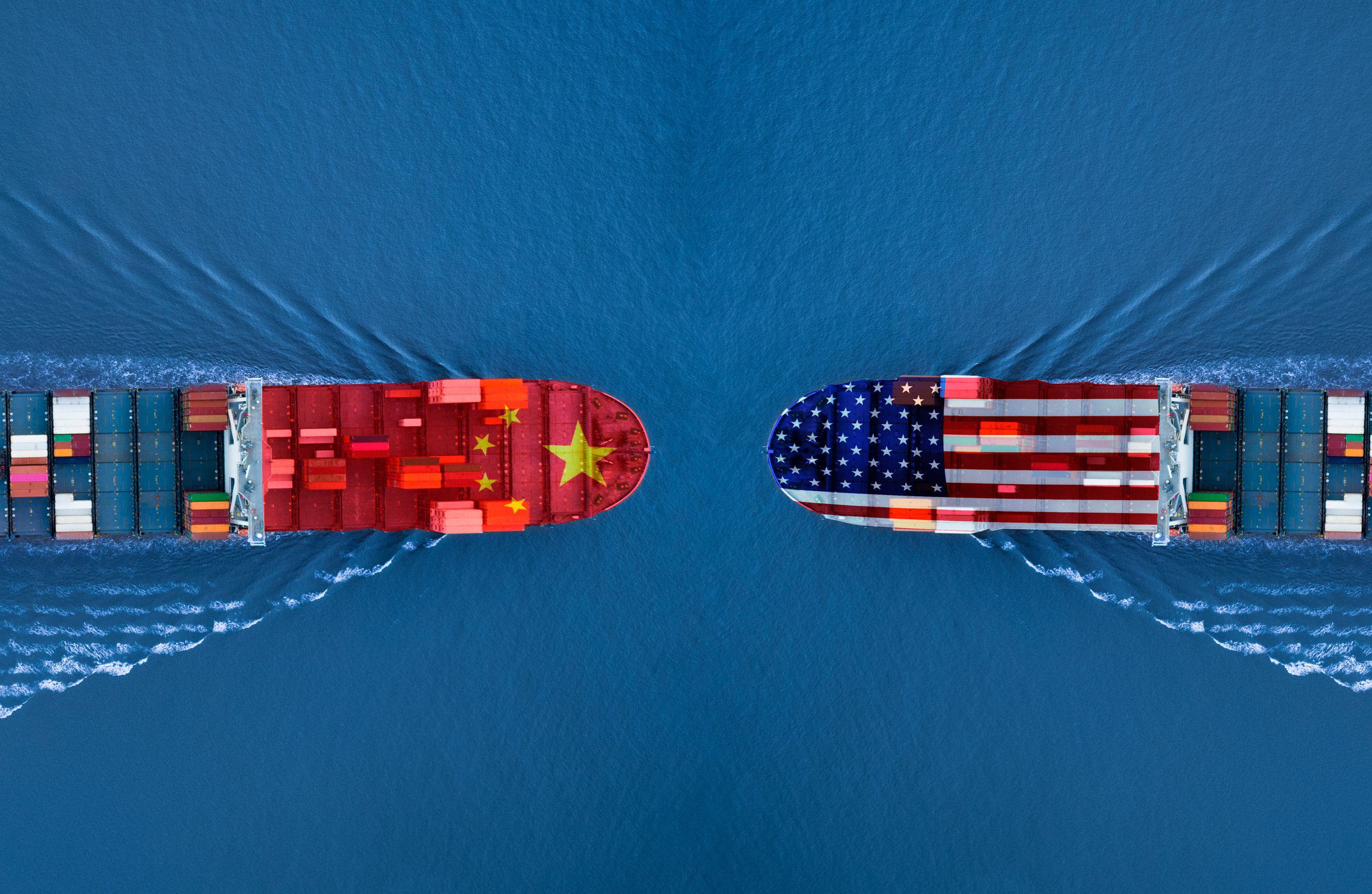
14 Dec Section 301 Exclusions Set to Expire
In 2018, the U.S. Trade Representative (USTR) invoked Section 301 of the Trade Act of 1974 to address China’s unfair trade practices related to technology transfer, intellectual property, and innovation. This led to a series of tariff increases on two-thirds of U.S. imports from China. To mitigate potential harm, the USTR introduced a policy allowing stakeholders to request “tariff exclusions.” While this process has been met with both support and skepticism, it remains a crucial aspect of U.S.-China trade relations.
Challenges and Concerns
Despite the USTR’s efforts to address concerns about the negative impact of tariffs, challenges persist. Some Members of Congress question the USTR’s discretion in granting or denying exclusion requests, raising doubts about the effectiveness of this approach. These concerns became particularly pronounced in the wake of the COVID-19 pandemic, which disrupted supply chains and heightened the need for certain products. However, others argue against exclusions, fearing that they may undermine the overall efficacy of Section 301 or hinder efforts to encourage domestic manufacturing of critical goods.
Biden Administration’s Approach
The Biden Administration, continuing the review of its trade strategy for China, has not aimed at broader tariff relief. Instead, actions in 2021 and 2022 focused on extending exclusions related to medical supplies essential in combating the pandemic.
Background and Exclusion Process
The USTR’s Section 301 investigation identified four key areas justifying U.S. action against China. In response to stakeholder concerns during the tariff increase proposals, the USTR established a tariff exclusion process, allowing interested parties to request exemptions for specific imports. The criteria for granting exclusions include considerations such as product availability from non-Chinese sources, economic harm to importers or U.S. interests, and strategic importance to Chinese industrial programs.
As of January 2020, the USTR received 52,746 exclusion requests, with a 13% approval rate. Exclusions covered 99 tariff subheadings and 2,129 product descriptions, providing relief for certain importers.
COVID-19 and Medical-Care Products
The USTR’s response to the COVID-19 pandemic saw a prioritization of exclusion requests for medical products in short supply. Exclusions on COVID-19 response products have been extended multiple times, demonstrating a commitment to addressing urgent needs.
Reinstating Previous Tariff Exclusions
In October 2021, the USTR sought comments on reinstating 549 expired or expiring exclusions. In March 2022, it announced the reinstatement of 352 eligible exclusions, subsequently extending them through September 2023. Importers may file claims for tariff refunds for products covered by these exclusions.
Four-Year Review Process
The USTR initiated a four-year review in May 2022, considering the effectiveness and impact of Section 301 actions. The agency expected to conclude the review in the fall of 2023, maintaining actions in place while leaving room for potential modifications. Two extensions were granted during that time, but USTR Tai is expected to make recommendations whether to renew again or allow them to expire.
Issues for Congress
Congress and the USTR face the task of addressing issues surrounding Section 301, with some members proposing amendments to Title III of the Trade Act of 1974. The ongoing dialogue involves discussions on recalibrating tariffs, aligning them with strategic priorities, or maintaining them for negotiation leverage.
The exclusions are set to expire 12/31/2023 and if another extension isn’t passed, the tariffs will return 1/1/2024.
Importers navigating the complex landscape of Section 301 tariff exclusions should partner with a trusted logistics expert. Future Forwarding, with our commitment to staying current on the latest policies and our team of expert staff, is well-equipped to guide businesses through the evolving policies and processes. As uncertainties loom over potential tariff changes in 2024, having a strategic logistics partner becomes essential for informed decision-making and proactive risk management. Reach out to us today to find out more.




Sorry, the comment form is closed at this time.